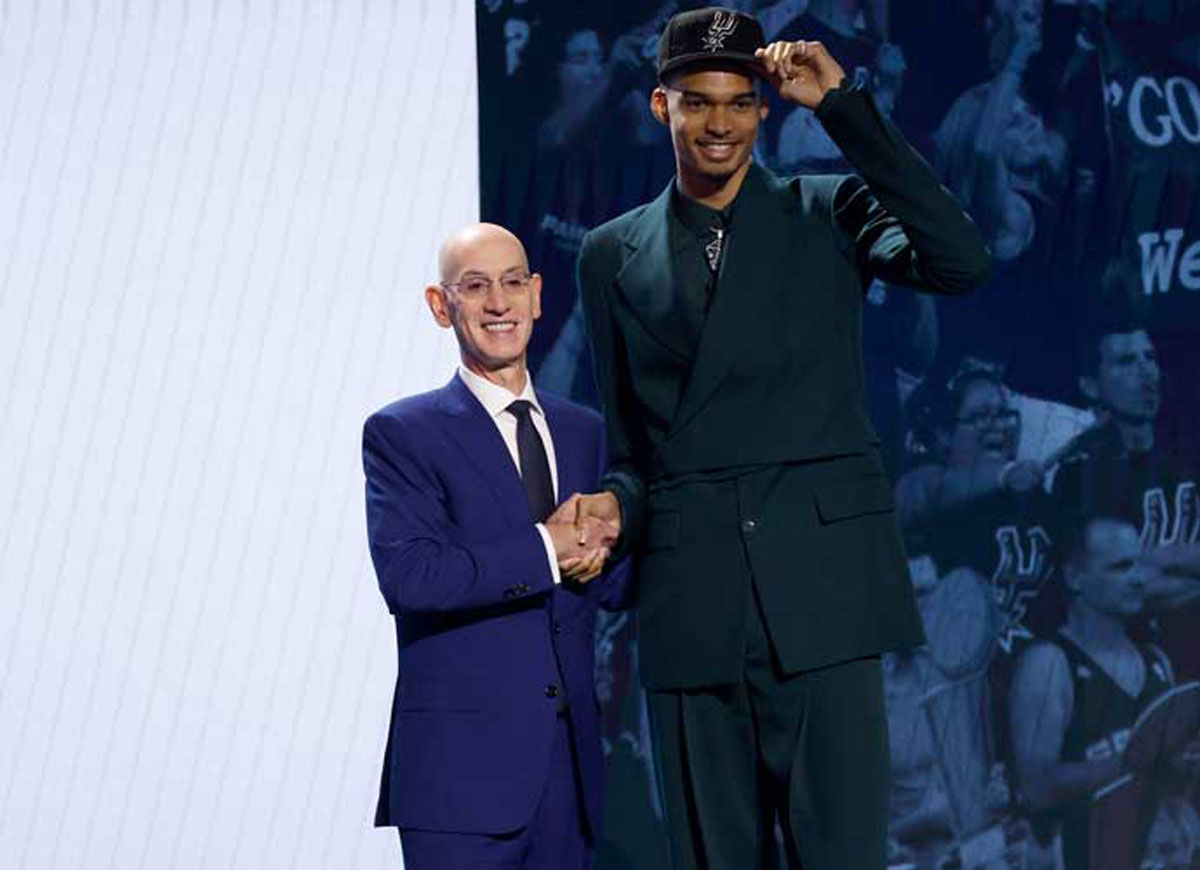Martha Marcy May Marlene

4/5
In the eyes of the industry the indie film was for the longest time seen as something akin to the precocious child at the cocktail party. Briefly indulged, mildly patronized, and then swiftly put to bed before the grown-ups got down to the more serious business at hand. Never was this more in evidence than on Oscar night, where season after season it seemed the token, anointed indie of that year (Lost in Translation, Juno, Eternal Sunshine of the Spotless Mind, etc.) was trotted out, handed a token award (invariably the Best Original Screenplay statue) and shuffled off so that the top prizes could be divvied up between the more showy, prestigious, big studio pictures. Well, no more. The expansion of the Best Picture category from five nominees to ten now means that the little-indie-that-could can at the very least compete for Award’s buzz and garner exposure, without really threatening to upend the established old order.
One man likely to be on the receiving end of unanimous critical acclaim again this year is John Hawkes. A Longtime character actor who has drifted in and out of the mainstream, Hawkes is fast developing something of a knack for launching the careers of burgeoning young starlets by starring opposite them. Last year it was Jennifer Lawrence in the relentlessly bleak midwestern mystery Winter’s Bone. This year it’s Elizabeth Olsen (younger sibling of Mary-Kate and Ashley) in this dark and delicate psychological drama telling of a young cult survivor’s fumbling first days of freedom. On this evidence, Hawkes could well be due another Oscar nod, while Olsen – at once emancipating herself from the baggage of the family name – looks set to join Lawrence and the likes of Evan Rachel Wood, Carey Mulligan, and Dakota Fanning as one of a new generation of talented, young, female actresses destined for great things.
A story that takes place almost entirely within transitions, Martha Marcy May Marlene opens with a panicked phone call from young Martha (Olsen) in the Catskill mountains to her estranged sister, Lucy (Sarah Paulson). A car ride later and they arrive back at the lakeside Hampton’s summer home of Lucy and husband Ted (Hugh Dancy), where it soon becomes clear that Martha – who has been out of contact for several years – is suffering under the weight of a dark secret. Drifting around these cold, stark interiors Martha’s reflexive paranoia and odd behavioral tics (curling up on her sister’s bed while she and Ted are having sex) betray a cruel conditioning that we come to understand through snatched pieces of a half-remembered nightmare.
Shot against a deceptively bucolic idyll, the community that was her home is seemingly innocuous enough. A kind of hippy refuge where misunderstood, unwanted souls might wander and decide to stay a while, where clothes are communal property, food is grown on-site, and everyone pitches in. But there are clues. The women, having prepared the evening meal, wait in silence like the proverbial wallflower while the men eat before eating themselves. As the commune’s unofficial leader, Patrick, Hawkes cuts a wiry figure, playfully re-naming each and every female who drifts his way like a passive-aggressive cattle brand. A quietly discerning monster Patrick hands out nuggets of positive reinforcement that bind his flock of desperately needy, hopelessly insecure souls to him like the master of a ruinous puppet show. His community is a revolving door of abuse, where no one ever really leaves, and where each new girl is tasked with shepherding in and preparing the next for the subjugation to come. Here rape is “a cleansing” and a casual murder following a botched burglary is “the most beautiful gift in the world.”
As the anguished eponymous soul (the title reference to the various identities she adopts at the insistence of others) Olsen’s performance is a powerhouse of raw emotion. Hopelessly broken, both a victim and a tragic perpetrator of abuse, her character exists in a tormented dreamstate. On screen for almost every second of the film, Martha remains unsure what is real and what is simply spilling out of her head, and set against her Lucy, who, while unaware of Martha’s experience, is herself also a master of weaponized disappointment, their calcified yuppie existence, easily as self-deceiving as any cult. Her embittered taunts of “that’s not normal” as cutting as any lash to the back.
Were this a studio picture the ‘healing’ would begin somewhere around the thirty-minutes mark, and we’d be somewhere approaching halfway down the road to recovery by the credits. Not so here, with writer/director Sean Durkin brave and confident in making his audience comfortably uncomfortable as he forces them to contemplate the rebuilding of a shattered persona that has only ever been defined by other people, as part of a healing process that, judging by Martha’s reaction to the sound of falling pine cones and a startlingly simple, devastatingly effective car ride into town will begin sometime shortly approaching never.
1 Comments
Leave a comment
RELATED ARTICLES
Get the most-revealing celebrity conversations with the uInterview podcast!





I wanted to see this, but not sure if I want to anymore – it sounds really creepy.